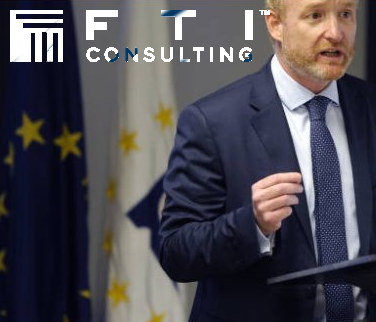

A COUPLE OF WEEKS ago we noted that António Campinos continues to disregard (noncompliance with) ILO rulings. This is no laughing matter; as far as we know, he did not actually meet SUEPO and the victims of Battistelli's union-busting campaign. Yesterday he published this nice-sounding second blog post titled "Listening to the Staff" (warning: epo.org link). Listening but doing nothing? Who exactly did he listen to? Some EPO insiders wish to know.
Above all, it is clear to me that all those I have had the pleasure of meeting directly are passionate about their work and care deeply for the future of this unique organisation. They have a profound collective knowledge of the EPO and a willingness to see it continue to succeed. I am convinced that if we can harness this extensive understanding and couple it to the expectations of our other stakeholders, the future of the EPO will continue to be very bright indeed.
It has been a month since AT-ILO judgements were published. Märpel had the curiosity to check whether Ion Brumme is listed in the EPO phone book and there is still no mention of his name. Märpel also checked whether Patrick Corcoran is listed: he has a room in The Hague, but still no phone number.
So it seems that the judgements are still not implemented.
Computer programs appear on Article 52(2)(c) of the European Patent Convention (EPC), of 1973 as a subject matter excluded from the meaning of invention. However, in 2005, the European Patent Organization (EPO) had already granted over thirty thousand patents related to computer programs and, currently, computer-implemented inventions are the object of approximately 35% of European patent applications.
The justification lies on the rule contained on no. 3 of the mentioned article, that foresees that computer programs, as well as all the matters predicted in the same no. 2, will not be excluded of patentability unless €«a European patent application or European patent relates to such subject-matter or activities as such€».
The determination of the limits of patentability regarding computer-implemented inventions in Europe derives, essentially, from the decisions of the Technical Boards of Appeal (TBA) of EPO and the interpretation fixed on them, of the relevant provisions.
Although TBA's decisions are not binding besides the instance in which they're issued, they are taken as a guide by the examiners and other TBA.